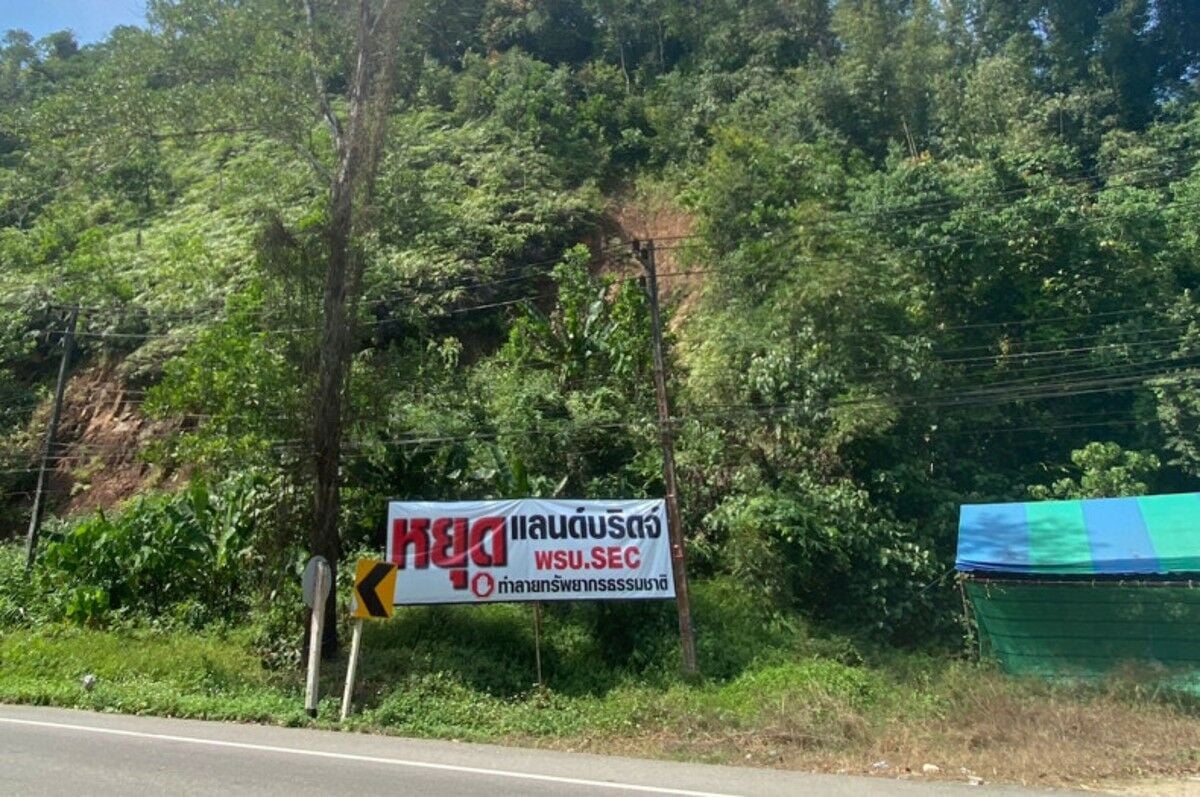NHRC urges Thailand to rethink Southern Land Bridge project

The National Human Rights Commission (NHRC) is urging Prime Minister Paetongtarn Shinawatra to reconsider the Southern Land Bridge megaproject, highlighting concerns about its environmental impact and implications for local communities.
The NHRC supports its call with findings from various studies conducted by state agencies. Council member Sayamol Kaiyoorawongs stated that the prime minister should direct the Office of Transport and Traffic Policy and Planning (OTTPP) and other relevant government bodies to provide clearer information about the project.
The NHRC advocates for new public hearings in Chumphon, Ranong, and neighbouring provinces to gather opinions from all potentially affected groups. These groups include local fishermen, farmers, land expropriation victims, community tourism enterprises, ethnic minorities, and displaced individuals.
The Land Bridge, projected to require an investment of 1 trillion baht by the Pheu Thai-led government, involves constructing two major ports: one in Chumphon on the Gulf of Thailand and the other in Ranong on the Andaman Sea. These ports would be connected by a new highway and railway, with additional infrastructure such as industrial parks expected to follow.
Former Prime Minister Srettha Thavisin had been a significant proponent of the project, seeking international investment during his travels in his brief term.
The NHRC urges the government to assign state organisations with expertise in environmental, natural resource, fishing, agricultural, tourism, and traditional lifestyle assessments to conduct a new study. The findings should inform further discussions on the project, said an NHRC spokesperson.
“Following a number of complaints received from locals who will possibly be impacted by the land bridge project, the NHRC has researched more information about the project and become convinced by this that it would do more harm than good to various sides if the government presses ahead with implementing it this way.”
The environmental impact assessment (EIA) conducted by the OTTPP was incomplete, according to Sayamol, as affected parties lacked a clear overall picture of the project’s impact. This lack of clarity resulted from segmented information provided by different state organisations at different times.
A review by the OTTPP also found that the EIA had not adequately analysed the project’s economic worthiness compared to its potentially negative impacts.
A 2016 study found Ranong most suitable for natural resource preservation, while the proposed Land Bridge project was deemed unworthy of investment. The OTTPP recommended the previous government suspend the project, reported Bangkok Post.
Latest Thailand News
Follow The Thaiger on Google News:


























